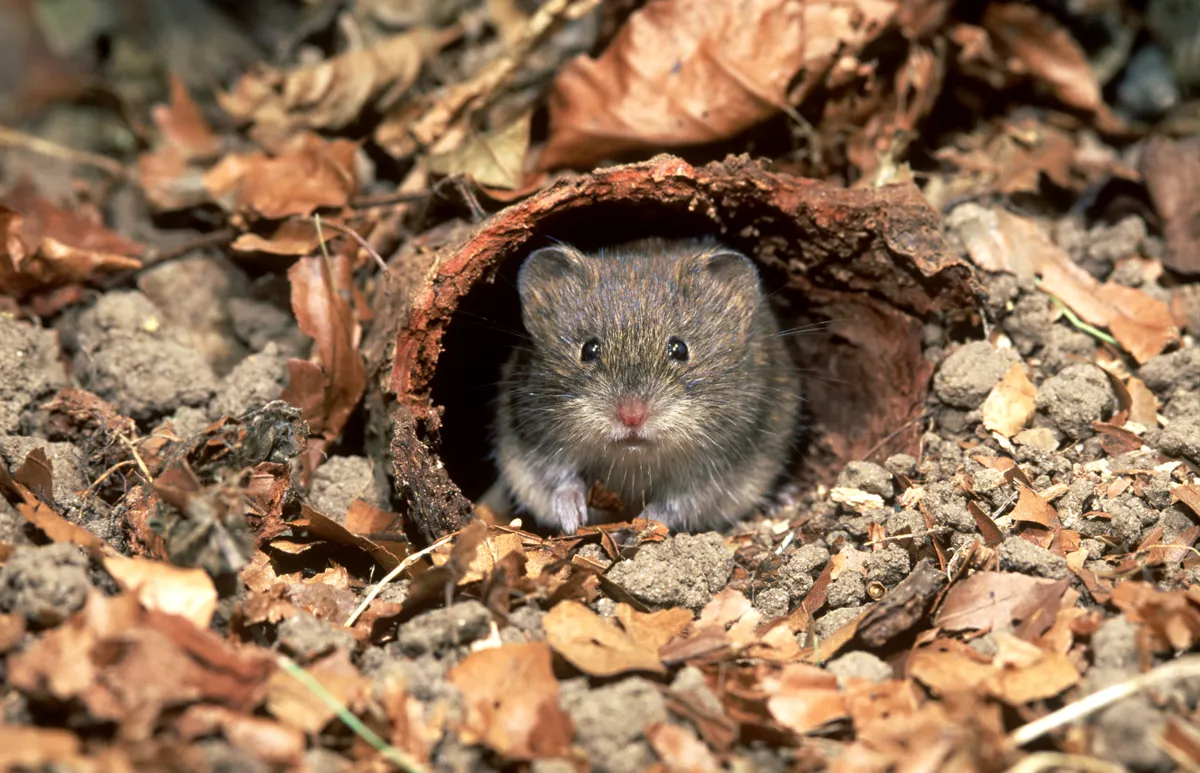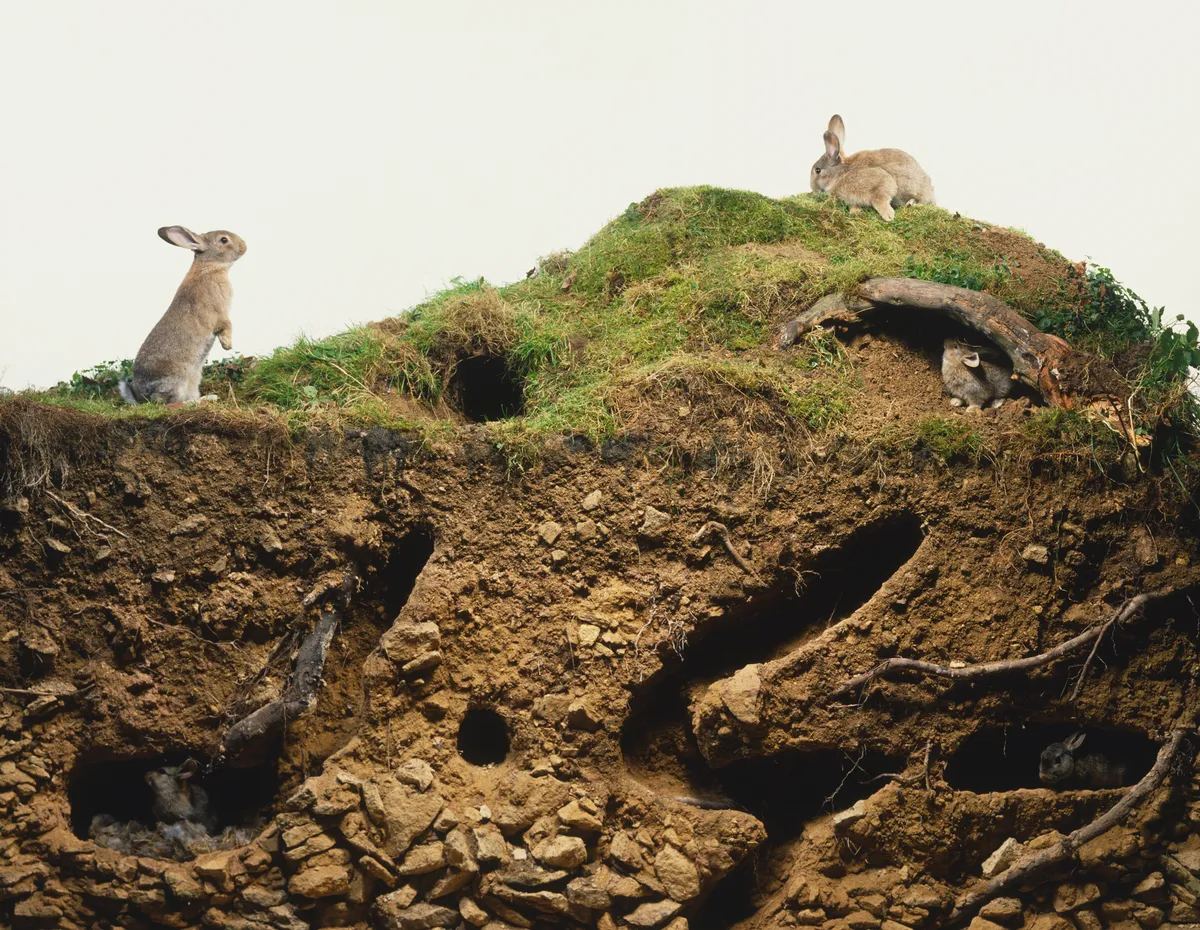How to identify animal burrows and holes - Discover Wildlife BBC Wildlife magazines guide to common animal. Chris Packham sheds light on the magical underground world of three iconic British animals - badgers water voles and rabbits - investigating wild burrows and creating full scale replicas too. In general smaller animals like squirrels burrow in holes 3 in 76 cm and smaller whereas medium animals will be around 312 in 76305 cm. Explore the behaviors and resourcefulness of 24 burrowing animals including birds sea creatures and mammals from the tropics to. Insects are a diverse group of animals that include species like ants termites beetles and wasps Many insects are burrowing animals that create tunnels and chambers in soil wood..
A burrow is a hole or tunnel excavated into the ground by an animal to construct a space suitable for habitation or temporary refuge or as a byproduct of locomotion. A hole or excavation in the ground made by an animal such as a rabbit for shelter and habitation. Burrowing locomotion of a type found in both terrestrial and aquatic animal groups Some fossorial animals dig short permanent burrows in which they live. A hole in the ground dug by an animal such as a rabbit especially to live in 2. A burrow is a tunnel or hole that an animal digs for habitation a place to live or as a temporary refuge a place of protection..
Result How to identify animal burrows and holes - Discover Wildlife. This article was co-authored by wikiHow staff. Result Michigan is one of the states in the Great Lakes region in the upper Midwestern United States. Result Discover the Lightning Baseball Club Michigan. ..
Burrowing animals can also break apart rock as they dig for food or to make living spaces for themselves A Human activities are responsible for enormous amounts of. Soil formation is enhanced by many animals from tiny one-cell organisms to the mammals that make a temporary or permanent home in soil. Animals can also contribute to weathering Animals can walk on rock or disturb it causing landslides that scrape or smooth rock surfaces. Weathering processes can happen due to the activity of living organisms Burrowing animals can break rocks and stir sediments causing physical weathering. Burrowing animals can move rock fragments to the surface exposing the rock to more intense chemical physical and biological processes and so indirectly enhancing the..


Comments